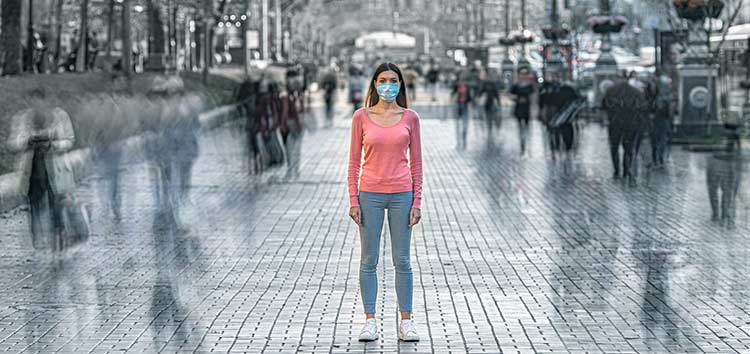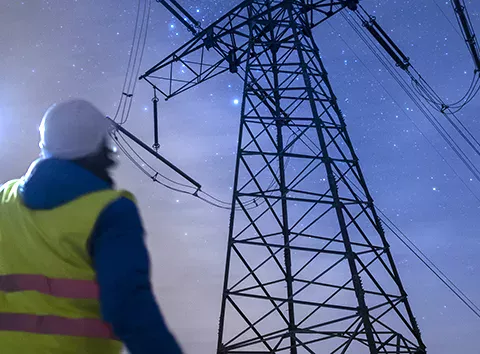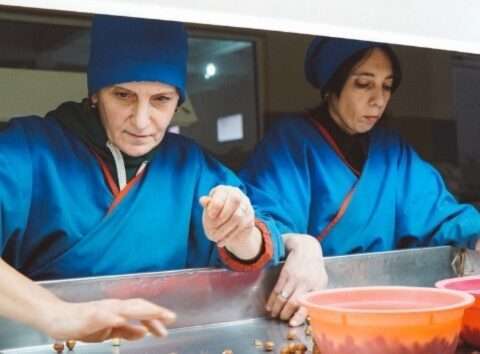The Covid-19 crisis is having a disproportionate impact on women and is widening gender inequalities.[1] The pandemic will push 47 million more women and girls below the poverty line, reversing decades of progress to eradicate extreme poverty.[2]
In order to build back better from this crisis, joined-up work is needed to accelerate a gender-inclusive recovery, including by aligning all funding to close gender equality gaps.
The two organisations will cooperate and boost efforts in making gender equality and women’s empowerment a priority in the Covid-19 response and recovery efforts, expecting to benefit millions of women who have been deeply hurt by the pandemic, especially those in insecure employment.
Around the world, women are more likely to work in sectors hard hit by lockdown policies such as hospitality and food services, retail, tourism and healthcare. Women are also over-represented in informal, temporary and part-time jobs, with reduced legal and social protection. Women entrepreneurs have also been at higher risk and they are overrepresented in those sectors impacted by lockdown measures; their businesses tend to be smaller and carry lower cash reserves and access to finance and support networks is traditionally more limited for women entrepreneurs.
EBRD President Odile Renaud-Basso said: “Together with UN Women we aim to develop innovative approaches promoting gender equality in an inclusive recovery while ensuring that women and girls are at the heart of response plans. Women’s high level of participation in the sectors most affected by Covid-19 means that crisis recovery policies need to pay special attention to getting women back into employment, while actively breaking down structural barriers to women’s full participation in the economy.”
Both UN Women and the EBRD have committed to working in the areas of economic recovery, gender-focused investments, digitalisation and climate resilience. Each organisation brings unique strengths to the partnership; for example, UN Women’s work on safe cities and the EBRD’s work on green cities, which – linked together – will enable robust planning for green, safe and gender-inclusive urban environments. The two partners will test new approaches in Europe and Central Asia and the Arab states to jointly leverage knowledge, programming and financing instruments that directly advance gender equality.
To kick off the partnership and spotlight the importance of gender-inclusive recovery, the EBRD and UN Women held a high-level virtual roundtable on 17 February bringing together leaders from governments and the policy arena, the private sector, development partners and practitioners.
Commenting on the urgency of the partnership, UN Women Executive Director Phumzile Mlambo-Ngcuka, said: “With the Covid-19 pandemic expected to push another 47 million women and girls into extreme poverty, we must act now to rebuild a world that is green, equitable, gender-responsive and inclusive. That means ensuring that women are fully integrated into global responses, have equal access to markets, and benefit from new technologies and financing.”
The EBRD and UN Women will seek to address these challenges together through data, policies and programming targeting women-owned enterprises and building partnerships with the private sector, including via the large network of companies that have adopted the Women’s Empowerment Principles. They will also jointly tackle the digital divide and climate threat, ensuring that women are well represented in future jobs in technology, innovation and green economy.
With this new partnership, there will be new gains for women and girls, but also for economies by addressing gender-specific issues within financing models and instruments.






